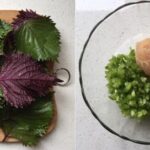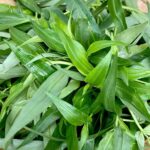The Unique Charm of the Mangosteen Fruit
Mangosteen is a small, round fruit, no bigger than the thumb, that grows in clusters from the base to the tip of the branch. Its green, hard, and astringent when unripe, but as it ripens, the rind turns a vibrant yellow or orange, becoming thin and glossy.
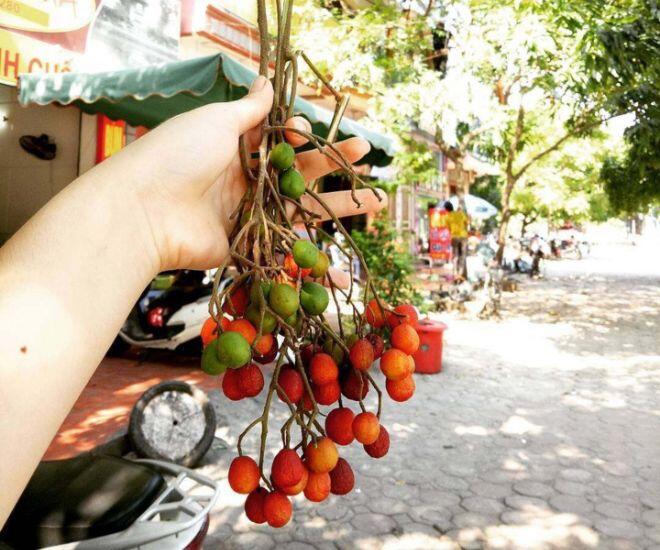
The allure of mangosteen lies in its distinct flavor and aroma. The white, opaque flesh is segmented into small, juicy sections, each containing a large seed. The taste is a delightful blend of tangy sweetness with a mild astringent note, especially from the rind. This slight bitterness adds a unique character to the fruit, stimulating the palate and leaving a pleasant aftertaste. The fragrance of mangosteen is subtle, with hints of earth and forest.
From Wild Fruit to Coveted Delicacy: The Rise of Mangosteen
In recent years, mangosteen has made a remarkable comeback. Once a fruit that children foraged for, it is now considered a rare delicacy sought after by city dwellers, especially those yearning for a taste of their childhood.
The growing demand has driven up the market price of mangosteen. During its peak season, which typically falls between the fifth and seventh lunar months, you can find mangosteen in traditional markets or specialty shops selling regional produce. However, the supply is limited, and they often sell out quickly. Some enthusiasts even pre-order from forest gatherers or small-scale farmers.
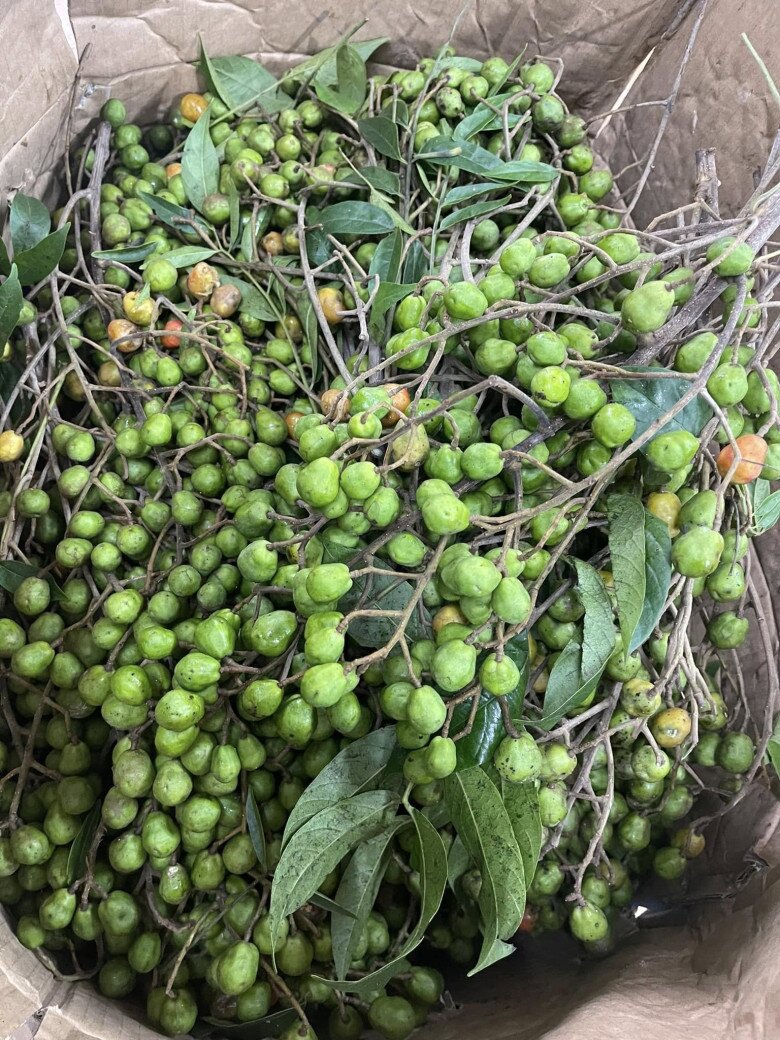
The retail price of fresh mangosteen can vary depending on supply, the time of the season, and the seller’s location. Nonetheless, this fruit tends to be more expensive compared to common tropical fruits, reflecting its rarity and the effort required to harvest it.
Pricing and Availability
Retail Price: Currently, fresh mangosteen prices range from 50,000 VND to 70,000 VND per kilogram, and they may even soar higher during scarce periods or in large cities. Some sellers offer lower prices, ranging from 10,000 to 40,000 VND per kilogram, but these are usually self-picked or garden-bought from rural areas. The discrepancy in pricing stems from factors such as fruit quality, transportation methods, and the seller’s brand reputation.
Online Purchase: You can find mangosteen offered on e-commerce platforms and specialty online groups. Prices may be similar or slightly higher due to packaging and shipping costs.
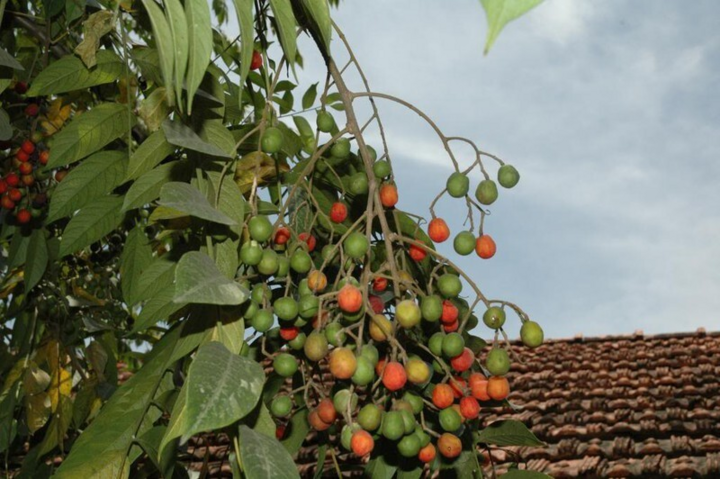
Plant Nurseries: If you wish to grow your own mangosteen tree, prices for young plants typically range from 15,000 VND to 70,000 VND per tree, depending on the size and variety (common mangosteen or sweet mangosteen).
The Surprising Health Benefits of Mangosteen
Mangosteen is not just a delicious treat; it also boasts surprising health benefits that are not commonly known:
– Rich in Vitamin C: Like other citrus fruits, mangosteen is an excellent source of Vitamin C, boosting immunity, protecting against diseases, and promoting healthy skin.
– Aids Digestion: The mild sourness and natural fiber content in mangosteen can stimulate digestion, reduce bloating, and support the healthy functioning of the intestines.
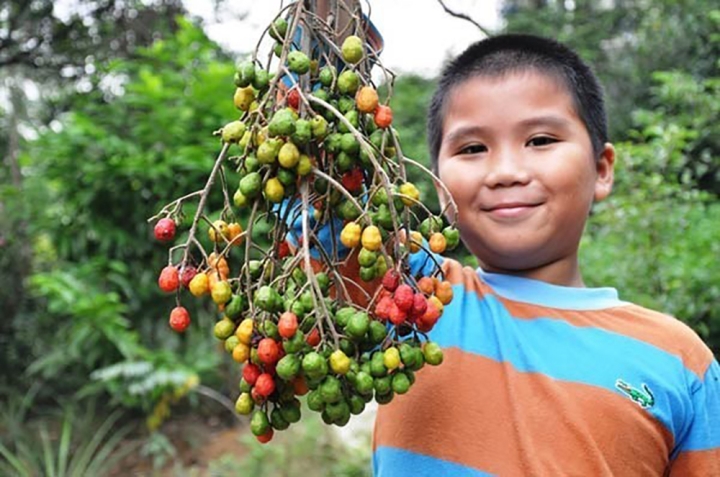
– Cooling and Refreshing: With its tangy sweetness and juicy flesh, mangosteen is the perfect summer treat to cool down and refresh, leaving you feeling invigorated and energized.
– Potential Additional Benefits: According to traditional wisdom, mangosteen is also used to relieve coughs, reduce phlegm, and improve appetite in children. However, further scientific research is needed to substantiate these claims.
Mangosteen is more than just a fruit; it represents a connection to the past and a piece of nostalgia that many seek. The newfound appreciation for this wild fruit is a heartening sign that we are valuing the natural world and the simple pleasures it offers, which modern life sometimes causes us to overlook.
Does Matcha Make You More Alert Than Green Tea? The Answer May Surprise You
Matcha is the latest beverage trend taking the world by storm, but does it live up to the hype? With a plethora of purported health benefits and a promise of enhanced focus and alertness, it’s time to delve into the world of matcha and uncover the truth. Uncover the secrets of this ancient beverage and discover why it might just be your new go-to drink.
“Don’t Just Use Perilla Leaves, Roll Your Meat Patty with This Leaf for a Tastier and More Nutritious Treat.”
When it comes to grilled minced pork rolls, most people immediately think of using ‘la lot’ leaves (betel leaves). However, by limiting yourself to this leaf, you might be missing out on an even better ingredient: perilla leaves. Perilla leaves are not only more affordable and easily accessible, but they also add a delightful fragrance to the dish, making it a truly memorable culinary experience.



























